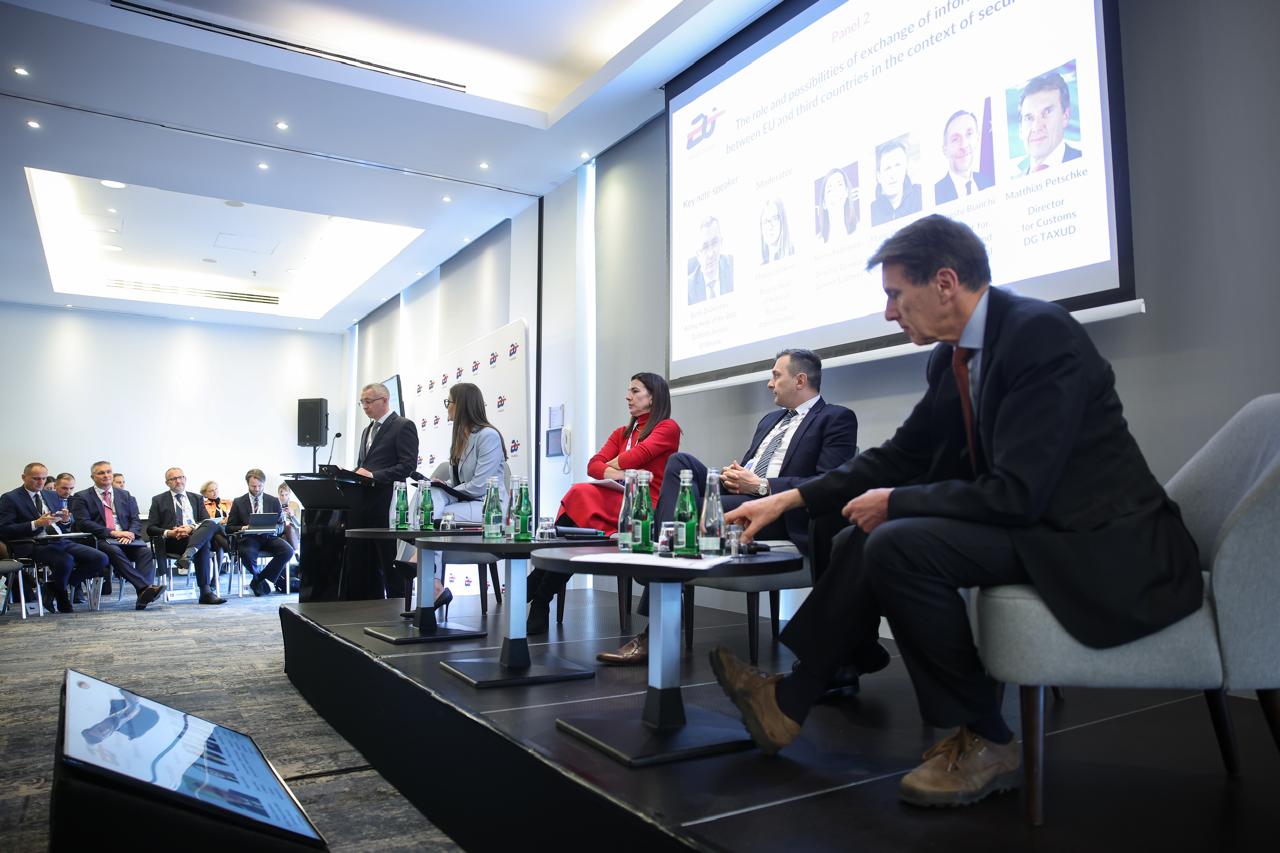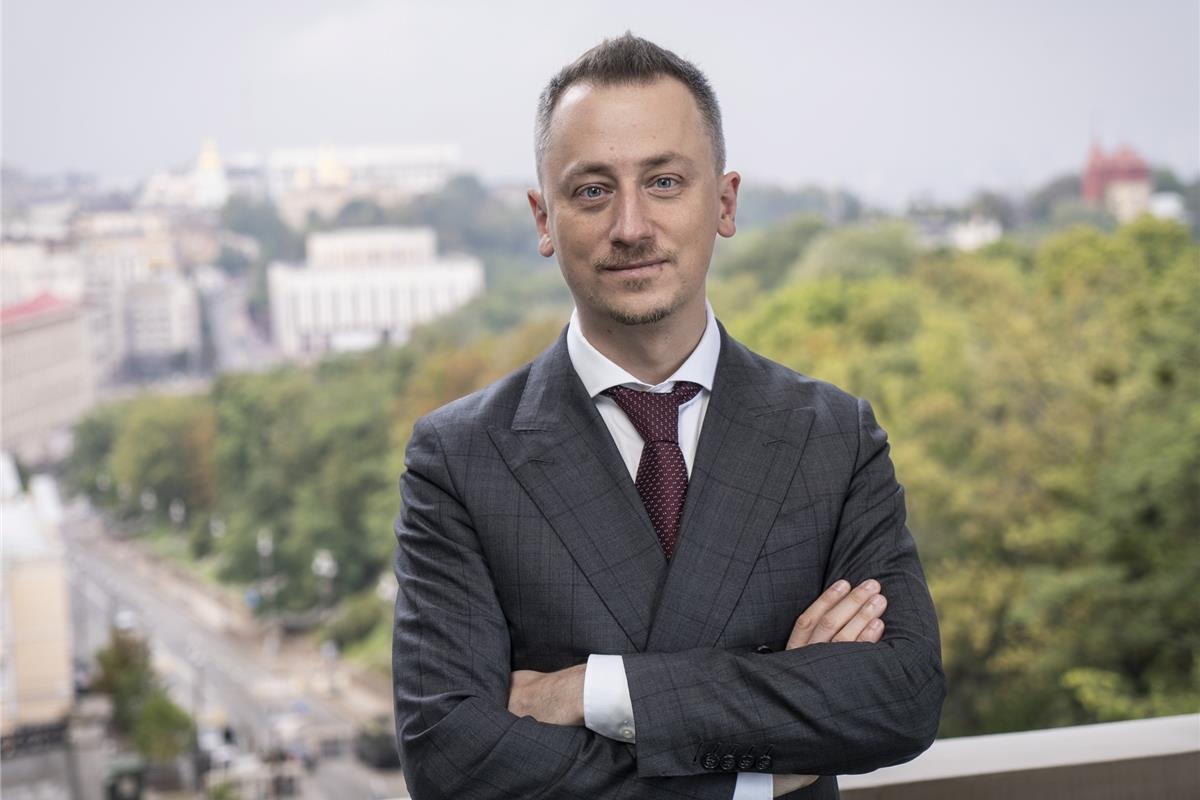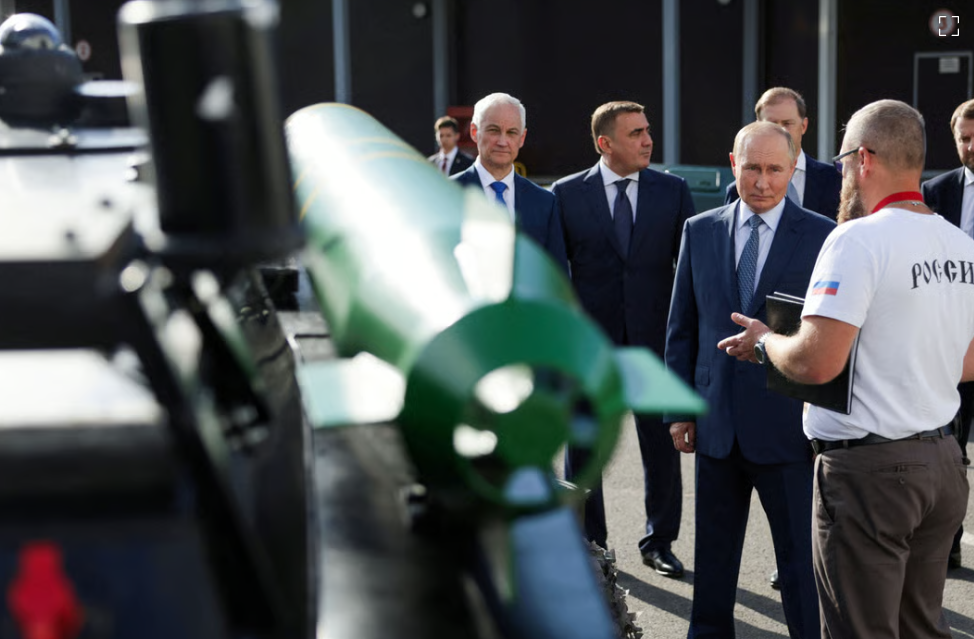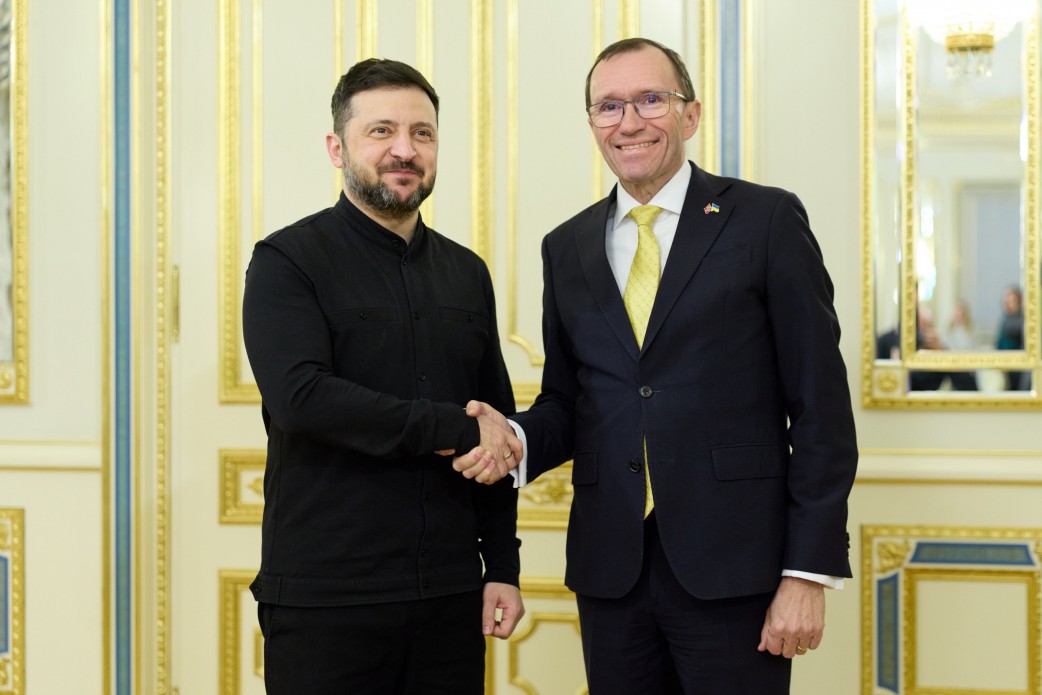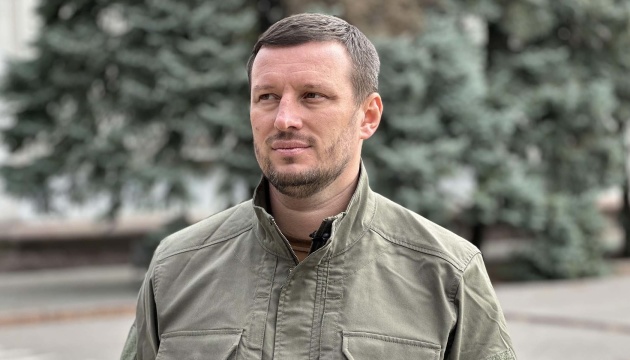The heads of customs administrations from EU member states, as well as Ukraine and Moldova, gathered in Kraków to discuss global challenges and the corresponding response from customs authorities to maintain security in the face of existing and potential threats. The Ukrainian customs service proposed a solution.
Trends toward protectionist policies by the world's largest nations and the increase in customs tariffs will inevitably create new risks for customs and tax fraud and will directly affect the work of customs authorities worldwide.
Currently, a high-level seminar on "Customs administrations in the context of ensuring security and protection amid global changes" is taking place in Kraków, organized by the National Tax Administration of Poland in cooperation with the European Commission. A delegation from the Ukrainian customs service was invited, as a key institution with real experience in countering large-scale threats.
The head of the State Customs Service of Ukraine, Serhiy Zvyahintsev, presented a report titled "The need to establish automated exchange of advance customs information between the EU and third countries in the context of security."
"Trade wars will inevitably lead to data manipulation during customs declarations, particularly concerning the country of origin, goods classification, or customs value. To counter modern challenges, customs authorities need effective solutions—digital technologies for data analysis and strengthening international cooperation in the exchange of customs information," he emphasized.
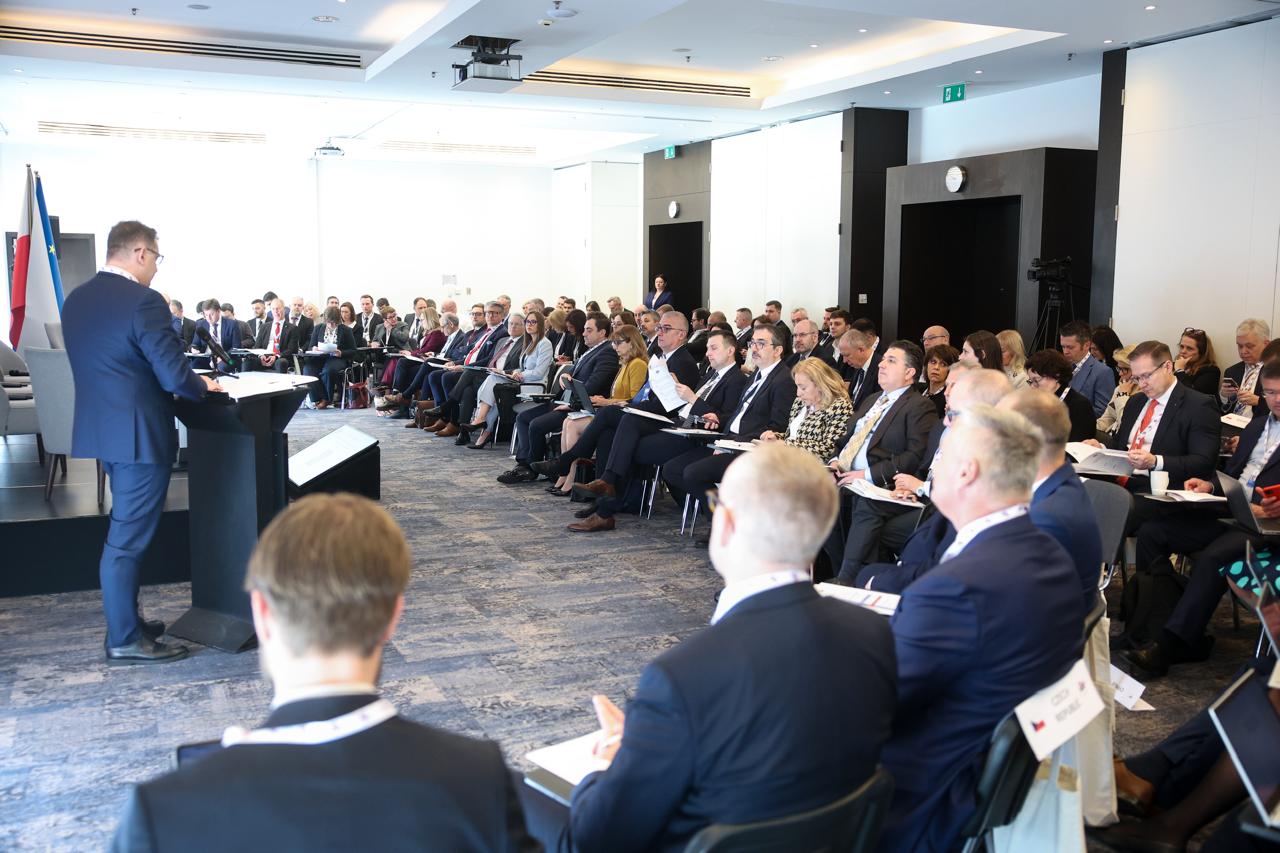
Currently, data exchange between customs administrations of different countries is already implemented within the framework of mutual administrative assistance, provided based on specific requests regarding foreign economic operations. This mechanism is effective and allowed Ukrainian customs officers, within the framework of international customs cooperation, to detect violations amounting to over 140 million euros last year. However, it excludes the possibility of operational responses to detect violations.
In response to new challenges and potential threats, Serhiy Zvyahintsev proposed to his European colleagues an effective mechanism to combat cross-border crime—automated exchange of advance customs information.
Firstly, it is an important element in strengthening efforts to fight smuggling and tax fraud—preliminary data analysis allows violations to be identified before the goods arrive, both in the importing country regarding tax payments and in the sending country regarding VAT refunds.
An equally important effect of the exchange will be the optimization of customs control—reducing the number of physical inspections thanks to preliminary risk analysis. This will generally contribute to speeding up customs clearance processes, thereby reducing logistics costs and shortening delivery times to the final consumer.
The head of Ukrainian customs clarified that the volume of information for exchange can be separately agreed upon by the parties. Ukraine already has extensive experience in the technical implementation of automated exchange and is capable of offering flexible solutions that do not require significant expenses for building new IT systems.
The customs community of the European continent continues to discuss relevant cooperation issues. The next discussion panels will also address the implementation of sanctions imposed by the EU on Russia and Belarus.









